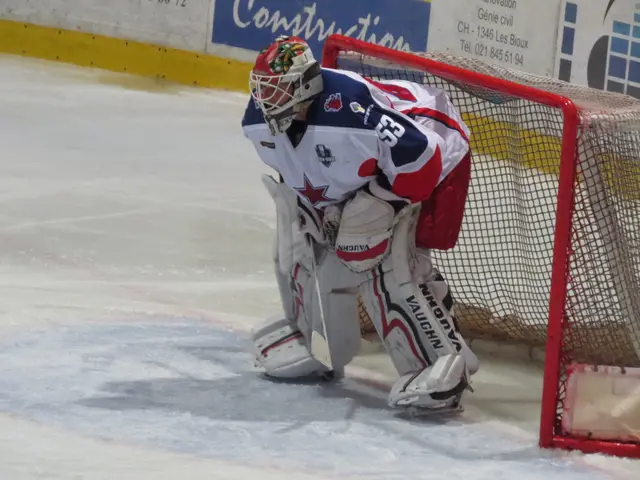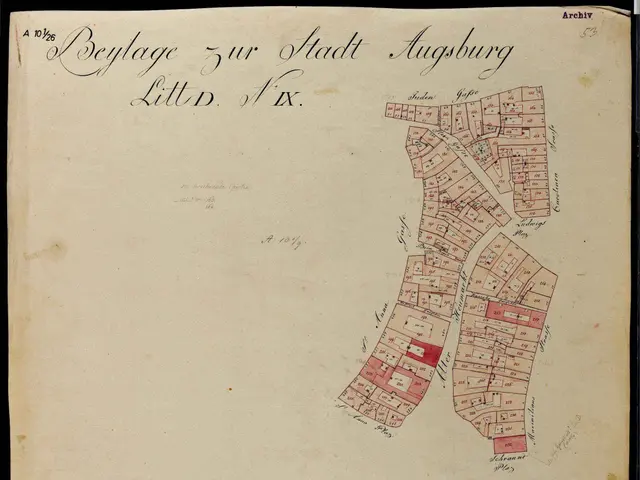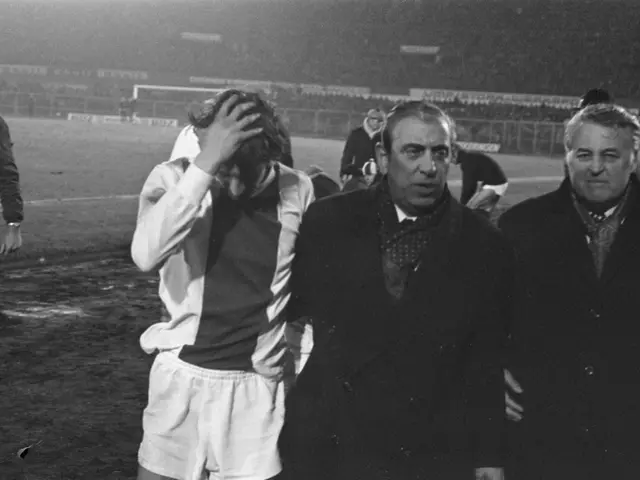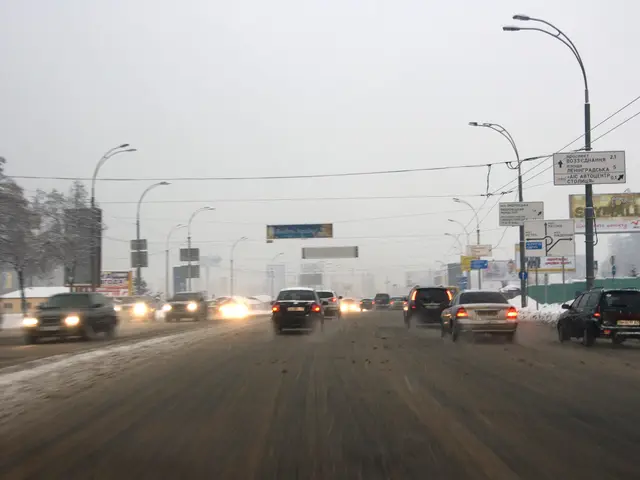Hockey players' settlement doesn't equate to proof, states judge
Hear Ya, Buddy!
In the latest drama unfolding around a 2018 sexual assault allegation against five Canadian junior hockey players, the defense can't rely on the settlement from a 2022 civil lawsuit as evidence in their criminal trial.
Judge Maria Carroccia, who's overseeing the trial of Michael McLeod, Carter Hart, Alex Formenton, Dillon Dube, and Callan Foote, made it clear last Thursday that the accused can't use the civil lawsuit's details as ammo in their criminal proceedings.
These five gentlemen are part of the Canadian junior hockey team who represented their country at the 2018 World Championships. They pleaded not guilty to the accusations, which were brought forth in 2018 at a Hockey Canada gala in London, Ontario. McLeod also denies an additional charge of aiding and abetting sexual assault.
Now, you might be wondering what the heck this civil lawsuit is all about. Well, it involves the same complainant and alleges sexual assault by eight unnamed Canadian junior hockey players. This lawsuit was settled for an unknown sum back in the spring of 2022, before TSN got their grubby hands on the details.
Following the lawsuit, Hockey Canada and the London Police dug up the case once more. Criminal charges were slapped onto McLeod, Hart, Formenton, Dube, and Foote at the start of 2024.
So, what's all this got to do with the current trial? Judge Carroccia explained that while these guys were referred to as "John Does" in the lawsuit, a statement submitted to Hockey Canada a few months later named them. But, get this – Hockey Canada settled the lawsuit without even informing the accused, and they flat-out denied any responsibility in the matter.
During cross-examination, one of Hart's defense attorneys questioned the complainant about the civil lawsuit and why a certain player (who wasn't criminally charged) was part of the lawsuit's defendant list. The complainant admitted that she hadn't written the statement and knew this player "didn't do a damn thing." She also recognized him at the bar where she met the group of players that fateful night.
"I didn't tell a soul that it was someone who had assaulted me," she said, going on to explain that the statement was prepared by her lawyers but was reviewed and signed by her. She acknowledged this week that it contained several errors.
In case you're wondering why this civil lawsuit can't be used as evidence in the criminal trial, here's the lowdown:
- Hockey Canada explicitly washed their hands of any liability for themselves or the eight unnamed junior players when they settled the civil lawsuit.
- The settlement was made without involving the accused players and giving them a chance to defend themselves.
- The judge overseeing the trial emphasized that the settlement is by no means proof of guilt for the accused in the criminal trial.
- The criminal trial and civil lawsuit are two distinct cases. The criminal charges are based on police investigation, while the civil case was resolved through an out-of-court settlement partly funded by a Hockey Canada reserve fund.
So, while the civil lawsuit is connected to the broader picture, it legally and procedurally stands apart from the criminal trial, and the jury has to keep it separate when making their judgment about the five accused players' guilt or innocence.
In the ongoing trial of Michael McLeod, Carter Hart, Alex Formenton, Dillon Dube, and Callan Foote, the defense was prevented from using details from a 2022 civil lawsuit settlement as evidence in their criminal proceedings. This civil lawsuit was involving the same complainant and accused eight unnamed Canadian junior hockey players of sexual assault, with the settlement being made without the knowledge or involvement of the accused players. The judge overseeing the trial stressed that the settlement does not serve as proof of guilt for the accused in the criminal trial, differentiating the two distinct cases (criminal trial and civil lawsuit).







